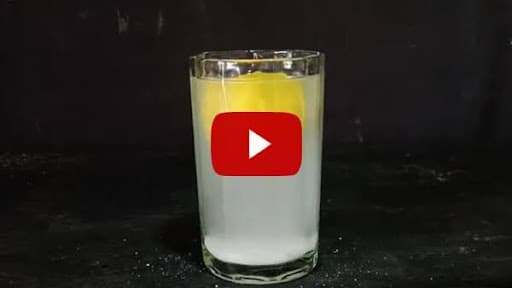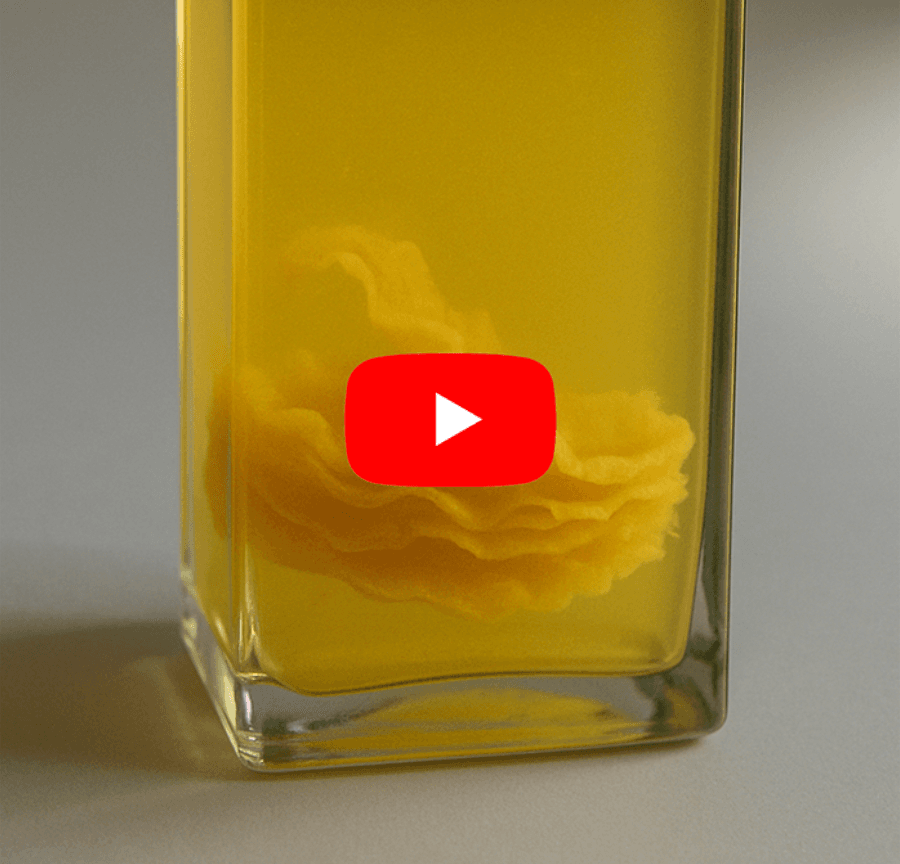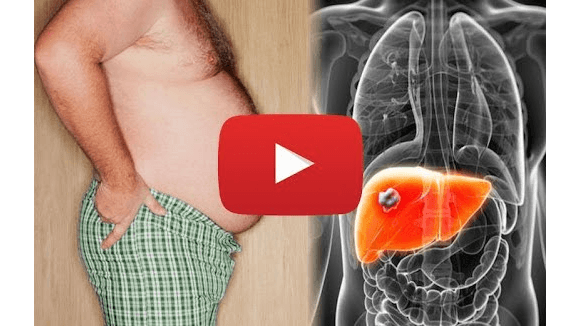Stop Tooth Decay Now: The Truth About Xylitol
In the latest episode of the Dental Zone podcast, host Dr. Rachel Hall, a holistic dentist from Brisbane, Australia, explores the myriad benefits and potential drawbacks of incorporating xylitol into your dental health regimen. Xylitol, a natural compound used in food and dental products, has gained popularity as a sugar alternative. But is it really good for your teeth?
Xylitol is a "sugar alcohol," meaning it is chemically similar to sugar but contains far fewer calories. Extracted primarily from natural sources like corn and birch wood, it undergoes processing to make it suitable for use in consumables. This transformation allows it to serve as a low-calorie sweetener while tricking harmful oral bacteria, preventing their growth, and ultimately supporting dental health.
Xylitol acts as a deterrent to bacteria like _Streptococcus mutans_, the main culprits behind tooth decay. By hampering the growth & metabolism of such bacteria, xylitol reduces plaque formation and strengthens enamel.
The use of xylitol in oral healthcare products offers convincing advantages. Regular applications like chewing gum, mints, or toothpaste significantly decrease the incidence of tooth decay and prevent plaque accumulation by "starving" the harmful bacteria. Xylitol use is noted to facilitate "remineralization" of enamel in affected teeth areas, especially beneficial against initial decay.
It is crucial to note that while xylitol has cultivated a reputation as both a sugar substitute beneficial for teeth and a potential prebiotic, its complete health impact still awaits comprehensive research, especially concerning its effect on the microbiome.
In a broader context of oral care, xylitol is often compared to fluoride. Dr. Hall highlights that while the latter is traditionally revered for dental protection, xylitol offers a more natural safeguard. Use cases of combining xylitol with _hydroxyapatite_ can additionally strengthen enamel without fluoride dependency.
Xylitol is offered as a relevant component for enhanced dental care, specifically in reducing sugar-driven baker’s impacts on teeth. Its role in oral health should notably be optimized cautiously, considering digestive relations over excessive intake. When used as directed in products—such as toothpastes and mouthwash, without relying on it extensively in food—xylitol can yield significant benefits. Interested parties are recommended to test and gauge personal tolerance for best results, occasionally trying small usable forms like toothful lozenges over gum.
To dive further into dental wellness insights and escalate your oral health knowledge, consider exploring Dr. Rachel Hall’s insights through her full-bodied online presence at "holisticdentistry.au" and "evolvdental.com.au".
From Around The Web
Wellness Inbox is a blog & weekly newsletter that curates trending news and products related to health and wellness from around the web. We also gather content from various sources, including leading health professionals, and deliver it directly to you.
Please note that we may receive compensation if you purchase any products featured in our newsletter. Wellness Inbox is not affiliated with, nor does it endorse, any health professionals whose content may appear in our newsletter. The information provided is for general informational purposes only and should not be considered medical advice.
The information provided is not intended to replace professional medical advice, diagnosis, or treatment. All content, including text, graphics, images, and information available is for general informational purposes only. We do not guarantee the accuracy or completeness of any information presented and assume no liability for any errors or omissions. The content is subject to change without notice. We encourage you to verify any information with other reliable sources and consult your physician regarding any medical conditions or treatments.







